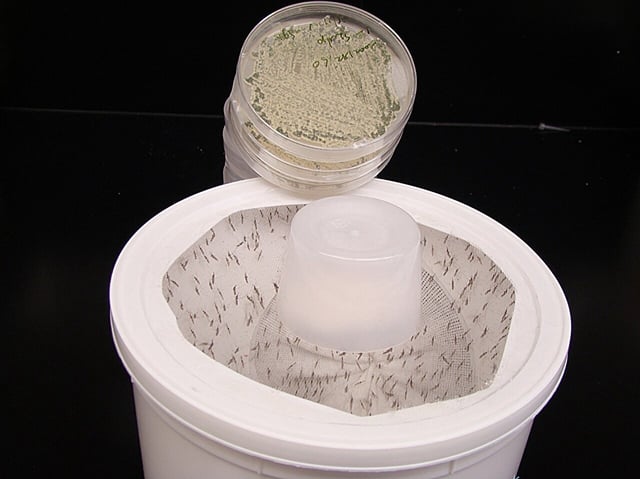Overview
- University of Maryland scientists modified a Metarhizium fungus to produce insect-specific neurotoxins that kill female Anopheles mosquitoes through sexual transmission.
- Field tests in Burkina Faso revealed nearly 90% mortality among females two weeks after mating with fungus-treated males, compared with just 4% in the control group.
- Treated males can spread lethal fungal spores for at least 24 hours and make infected mosquitoes more vulnerable to standard insecticides and repellents.
- Target Malaria and other teams are advancing CRISPR-based gene drives designed to induce female infertility in Anopheles gambiae, with localized field trials planned within five years.
- Bioethicists and ecologists warn that eradicating mosquito species could disrupt pollination and food webs, raising moral and ecological concerns over intentional extinction.


